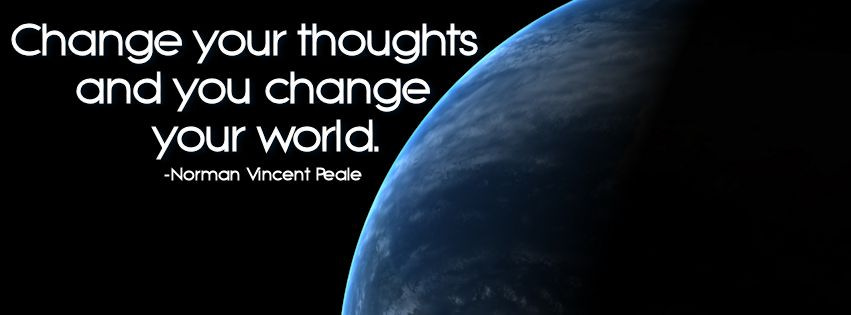
How Can Internal Empowerment Enable Communicating Effectively?
August 29, 2017
4 ½ Steps for Breaking Bad Habits
September 2, 20175 ½ Tips for Developing Emotional Intelligence
Good news! Experts are realizing there are important human strengths beyond IQ. One of these strengths is an aspect called Emotional Intelligence. Emotional Intelligence (or EI) is when you accurately label emotions (yours and others), know how these emotions impact behavior, and use them to benefit yourself and others.
Having high Emotional Intelligence leads to better mental health, professional performance, and strong leadership skills. Elon Musk of Tesla is reported to have high EI, and this links to his success in business. Unlike IQ, which is often constant over a person’s life, you can work to increase your Emotional Intelligence by practicing these healthy habits.
Developing Emotional Intelligence Tip #1: Give Words to Your Feelings
Practice awareness of your emotions by labeling them. It can be obvious when you are feeling happy, excited, or nervous. But there might be other times when you need to think about what you are feeling. Anger is difficult because it is common to focus only on feeling angry. However, anger is often a symptom of other feelings. When you notice anger, stop and think about what is underneath the anger. Most often anger is a symptom of hurt. It can also be a symptom of feelings of fear and sadness, among others. As you develop Emotional Intelligence, it will get easier to identify feelings that anger hides.
Giving words to your feelings increases your self-awareness. This is an important aspect of another important human strength—self-empowerment (*add link to article). You can also develop your Emotional Intelligence by paying attention to other people’s feelings. Notice their words, tone, facial expressions, and body language; and think about what they might be feeling. In the right environment, you can even ask them, “What are you feeling right now?”
Developing Emotional Intelligence Tip #2: Use Healthy Practices to Manage Stress
People with high Emotional Intelligence handle stress in healthy ways. You can follow their example by using your own good stress-management activities. Continue to practice awareness of what you are feeling by identifying your emotions during stressful times. This “stop and think about feelings” practice is useful in many situations. Exercise and get outside for some nature therapy. Remember to breathe deeply both during acute stressful times, and throughout your days. Replace sugary processed foods with natural foods. Practice gratitude by making note of things you are grateful for throughout your day.
It is easy to breeze through stress management advice, especially when it is repeated over and over. But making these activities part of your day helps you feel healthier and happier and develop higher Emotional Intelligence. It is worth it!
Developing Emotional Intelligence Tip #3: Practice Healthy Boundaries
Having healthy boundaries is another trait of people with high Emotional Intelligence. You can work on this by choosing to always take responsibility for your actions and not take responsibility for other people’s actions or feelings. This is another trait tied to both Emotional Intelligence and self-empowerment.
As you increase your awareness of other people’s feelings, be careful not to take ownership of how they feel. Having clear boundaries means you do not allow the feelings of others to dictate your feelings. You can be compassionate and sensitive without taking blame for how they are feeling. Choose how you respond, rather than reacting without thought.
A fun way to remember to keep healthy boundaries is to say to yourself “Not my circus, not my monkeys” when you are in situations where others are trying to manipulate you.
Developing Emotional Intelligence Tip #4: Learn to Reduce Other People’s Negative Emotions
Even though you are not responsible for other people’s emotions, you can use Emotional Intelligence to help them out when you see they are not feeling well. A simple, useful technique is to listen carefully to them. Without trying to solve their problems, just listen. Many things get better with a compassionate listening ear.
You can also think about the situation from the other person’s perspective. Try to think about how they are seeing their world. When you respond, choose what helps, instead of what inflames the situation.
Developing Emotional Intelligence Tip #5: Embrace Failure
People with high Emotional Intelligence do not feel devastated by failure. Instead, they see failure as an opportunity to learn something new and try something different. You can practice this by thinking in advance about how you can respond when things might not work out. This mental rehearsal is a great way to change your outlook and your responses. Give yourself a phrase you can say to yourself as a reminder that failure is an opportunity, not the end of the world.
When criticized, look for the opportunities within the criticism for you to gain helpful information. They are often there for you after you put aside the unhelpful emotions. Take the useful information and discard the rest. Remember that you are in control of your responses.
Developing Emotional Intelligence Tip #1/2: Invest in Good Relationships
High Emotional Intelligence and good relationships are connected. Invest in good relationships. If you already have good relationships in your life, work on developing these further. Learn more about the feelings of those you care about. If you do not have good relationships in your life look for opportunities to make them. As you become more tuned in to your feelings and the feelings of others, you might notice people around you that you had missed before.
Would you like to learn more about developing Emotional Intelligence, self-empowerment, and good relationships? We offer the Internal Empowerment Program, which covers these areas. Our students are doing great things in their lives, and you can too! We look forward to connecting with you!



